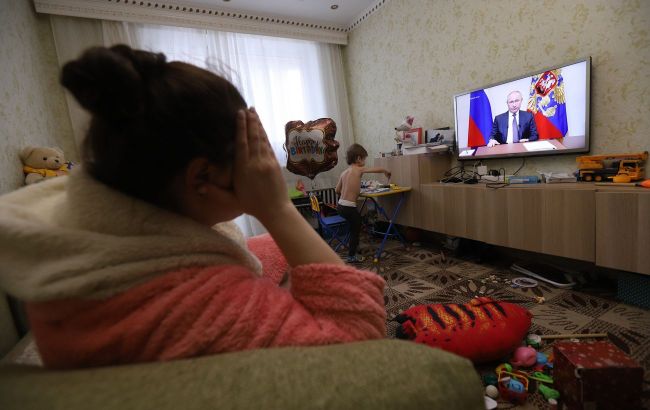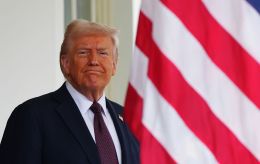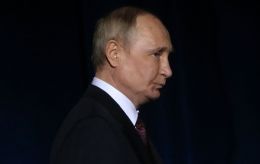Kremlin tightens bans on opposition and critics of war against Ukraine - UK intelligence
 Kremlin to close access to YouTube for Russians (Getty Images)
Kremlin to close access to YouTube for Russians (Getty Images)
The Russian government has initiated further restrictions on digital telecommunications in Russia. This is done to block access to truthful information, according to the UK Ministry of Defense.
In particular, Russian authorities have begun slowing down traffic in WhatsApp's encrypted messaging app. The public explanation is to limit the ability of extremist groups to communicate. According to the Russian government's definitions, this likely includes restricting the ability of opposition activists and those against the war in Ukraine to organize and communicate.
Moreover, on July 12, Russian independent media reported that a YouTube outage was caused by deliberate traffic slowing by the Russian government. It is reported that the Kremlin is likely to completely block YouTube in September 2024. YouTube is relatively popular in Russia and has been used by opposition activists, most notably the late Alexei Navalny, to spread criticism of the Russian government.
According to British intelligence, like the recent ban on independent media and restrictions on other secure communication means, these measures are an acceleration of the long-standing trend of increasing state control over media and information access in Russia.
"These restrictions on access to social media platforms are likely designed to ensure that the Russian population is only able to access media that conforms to government-controlled narratives. By restricting more secure means of private communication, government surveillance of potential dissenters will be easier, and will create a climate of fear and self-censorship among those who might be critical of the regime," the UK Ministry of Defense writes.
According to the Levada Center, an absolute majority of Russians (75%) support the war with Ukraine. Most respondents (71%) would support Putin's decision if "this week" he decided to end the war with Ukraine. However, if Putin decided to end the war on the condition of returning the captured territories, only 30% of Russians would support his decision.

